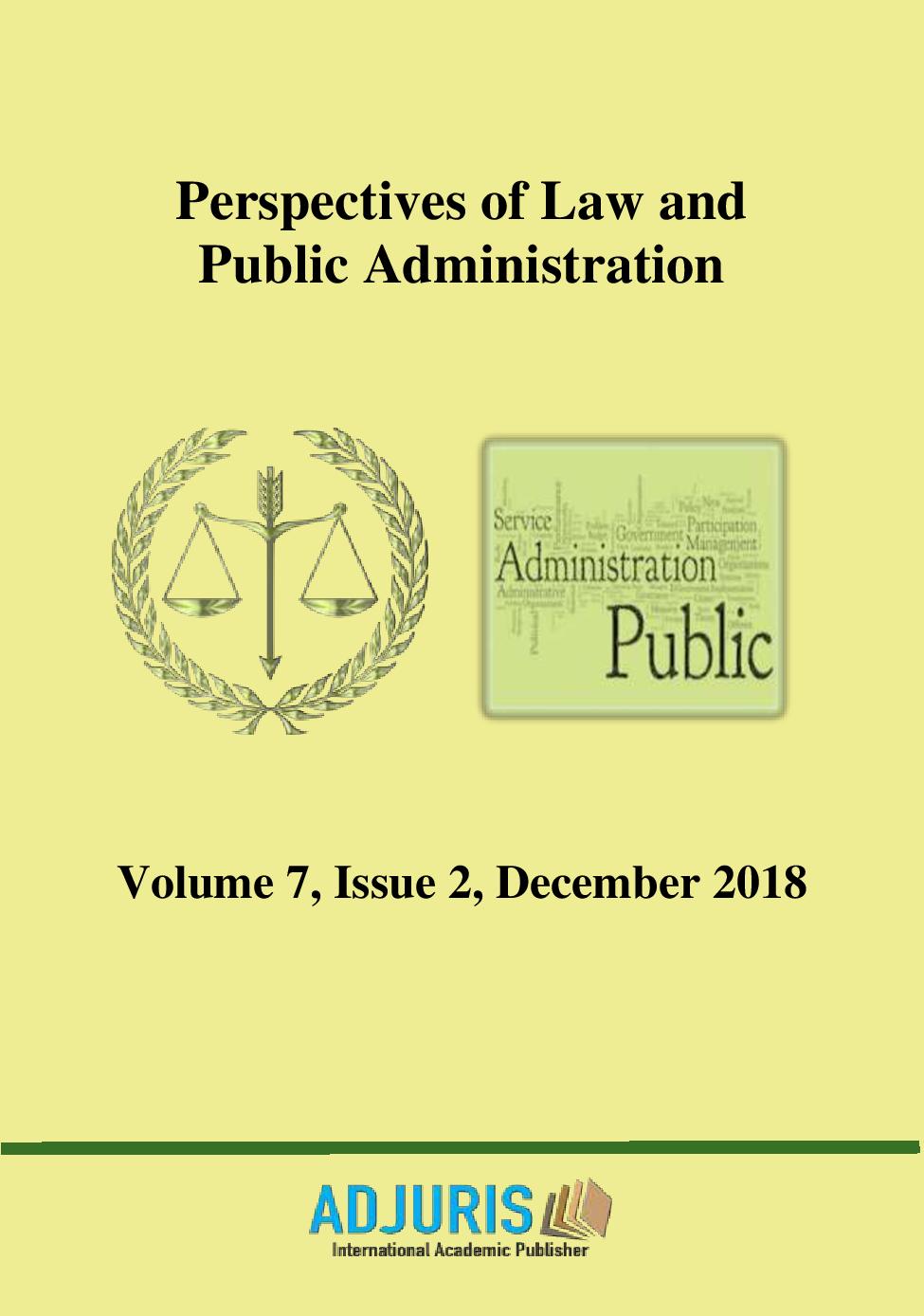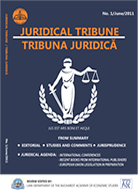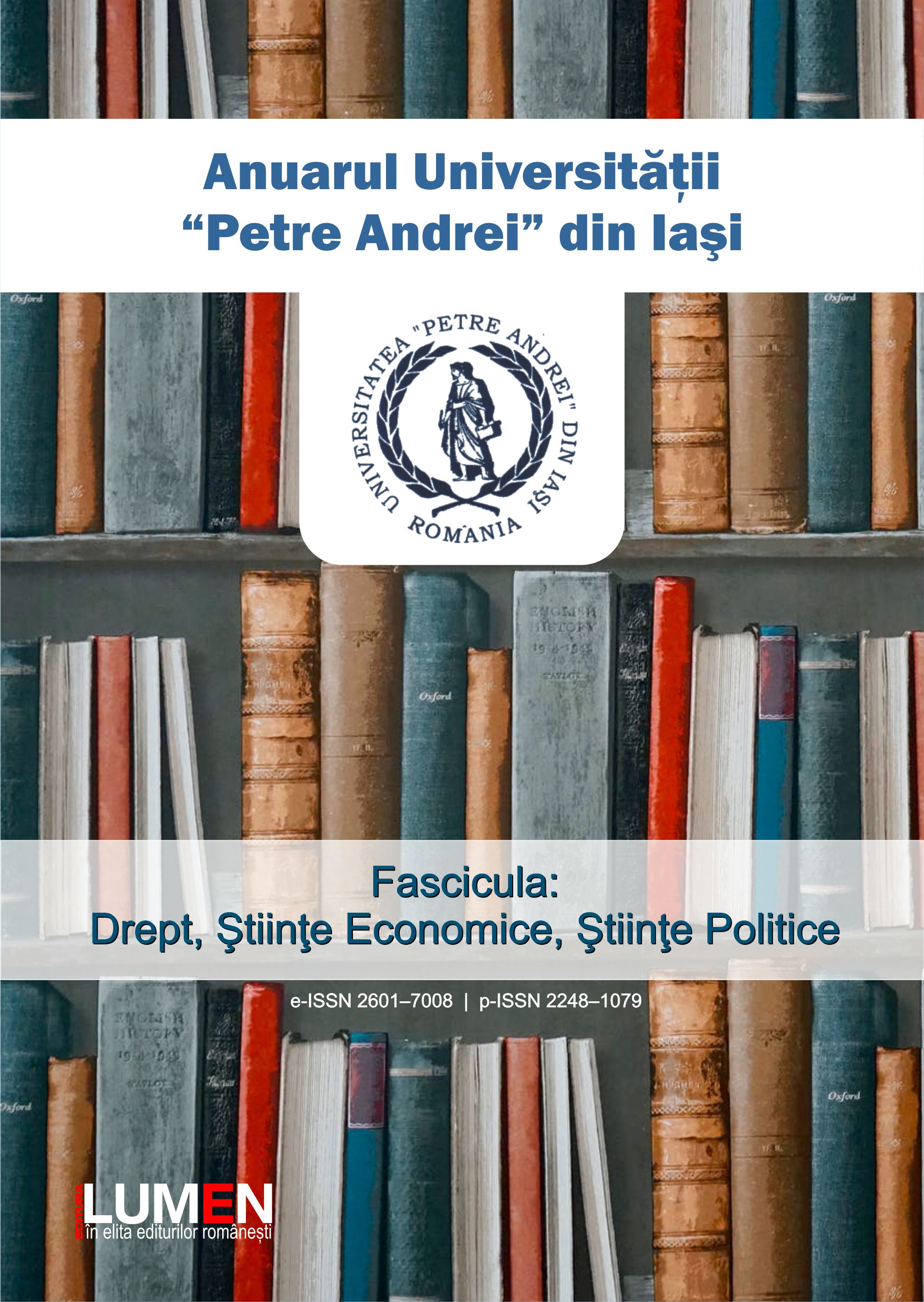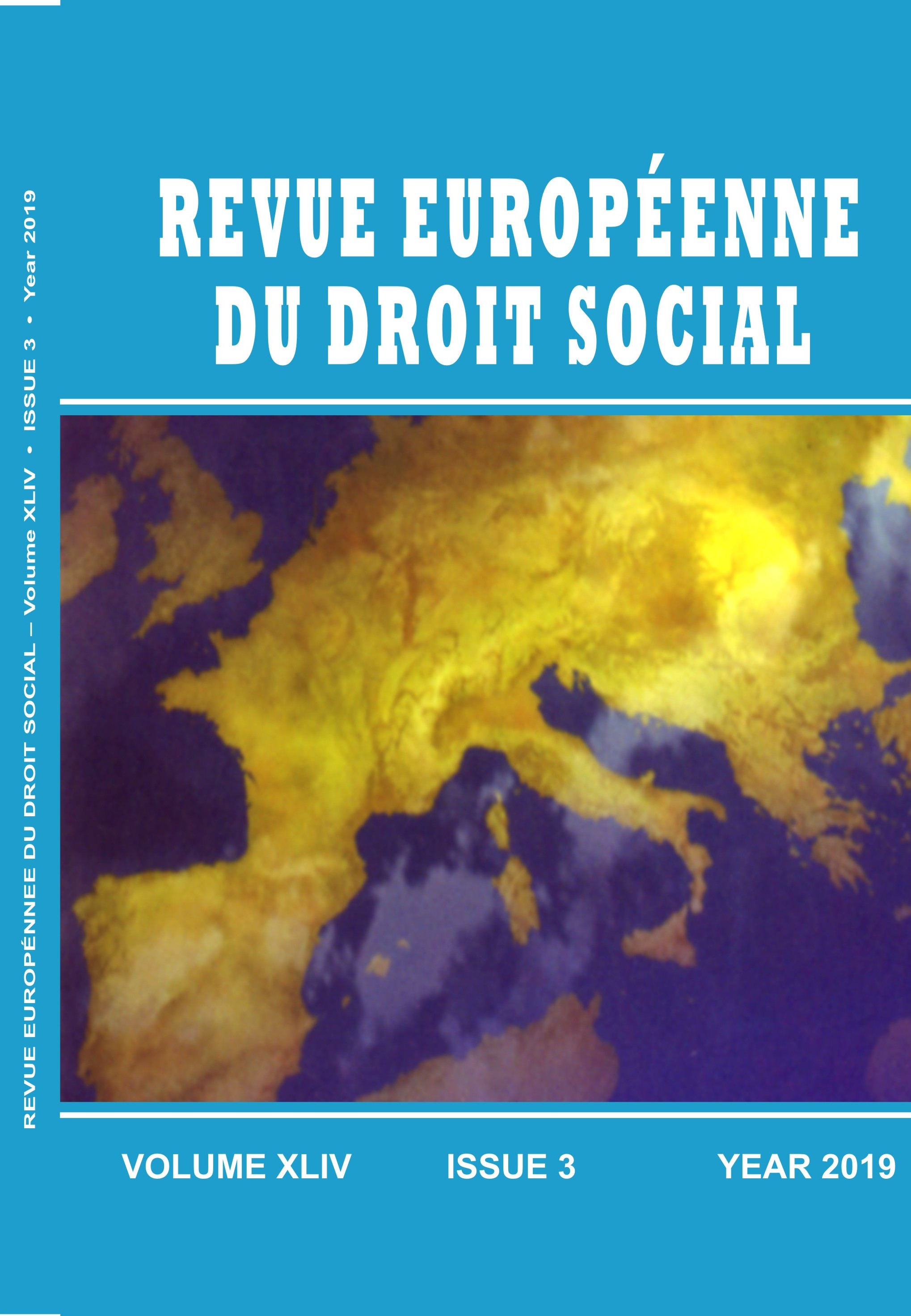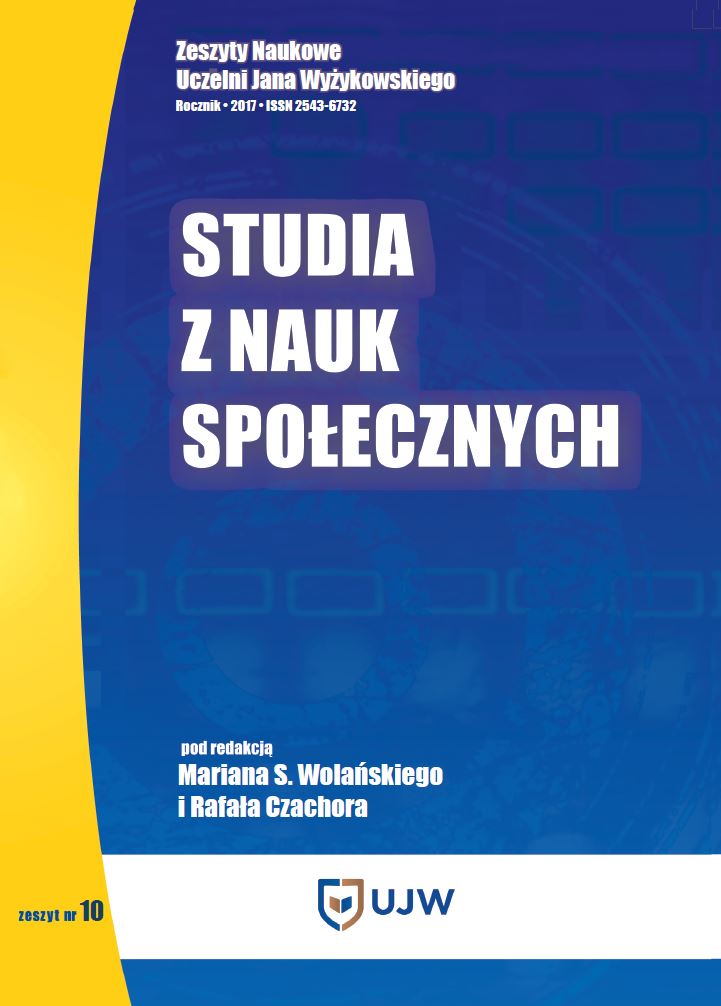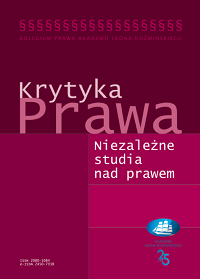Author(s): G. V. Samoylenko / Language(s): Ukrainian
Issue: 143/2018
In the article the author investigates the problems of civil law regulation of passenger transportation in the aspect of providing passenger rights. Right is characterized by a new wave of popularity of "natural law", a liberal and anthropological concept. It criticizes the theory of positivism as antagonistic to natural human rights.The author, studying the specifics of transport activity (activity of transportation of passengers by various modes of transport), concludes that the complexity of choosing one of the proposed concepts in civil law for the provision of passenger rights is due to a number of factors. Among them: historical traditions and technological features of operation of various types of transport; the specifics of the legal relationship between the carrier and the passenger; the need to secure the rights of the "weak side of the contract (passenger); use of the design of a "public contract" to regulate relations between carriers and passengers; use of means of public legal influence to ensure the balance of the legal status of the carrier and passenger; the orientation of "private law" to the enjoyment of human rights; application of transport and "consumer law".In the course of the analysis, the author concludes that the modern concept of civil law is and should be the concept of "private law". "Private Law" includes a system of complex relationships of various elements, orientations, means of influencing civil legal relations. Its components are the theory of natural law, positive law, utilitarianism, liberalism, and others. This suggests that it is a "synthetic" concept that recognizes the necessary and possible state influence on market relations in a developed civilized civil society, the existence of which is possible only in a democratic, rule-of-law state.Empowering the state to ensure human rights through regulation of legal relationships should not be considered a concession to the ideas of liberalism. On the contrary, the function of the state should be to create conditions for ensuring equal opportunities for all participants in civil legal relations (in the context of the contract of carriage of a passenger - the provision of passenger rights), the realization of their freedoms.Ensure the realization and protection of passenger rights on the basis of the ideas of freedom, justice, security, priority of human rights is possible only by consolidating them in the legislation. Only legislation is a necessary element of a mechanism for legal regulation of legal relations, which contains the necessary levers to ensure the rights of the passenger. Legislation regulates legal relations and forms a market environment and the possibility of using state means of coercion in relation to offenders.Consequently, the concepts of liberalism, utilitarianism, normality, natural law, anthropological approach should be used with caution, knowing that "private law" has already absorbed their achievements. At the same time, this does not rule out the perception and the fact that violations of the rights of passengers, especially in the area of carriage by road, are too frequent. This situation is due to the dominance of the ideas of liberalism. This requires improvement of the transport legislation through the legislative formation of the conditions for the operation of the transport market: by regulating the legal status of the participants (especially carriers, and the emphasis on the passenger's right to safety), the legal mode of operation and operation of vehicles, guarantees of passenger rights (including through the system normative fixing of compensation to passengers), clear criteria exemption from liability for non-compliance or violation of performance contractual obligations.
More...
